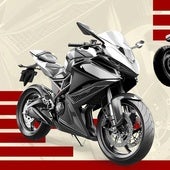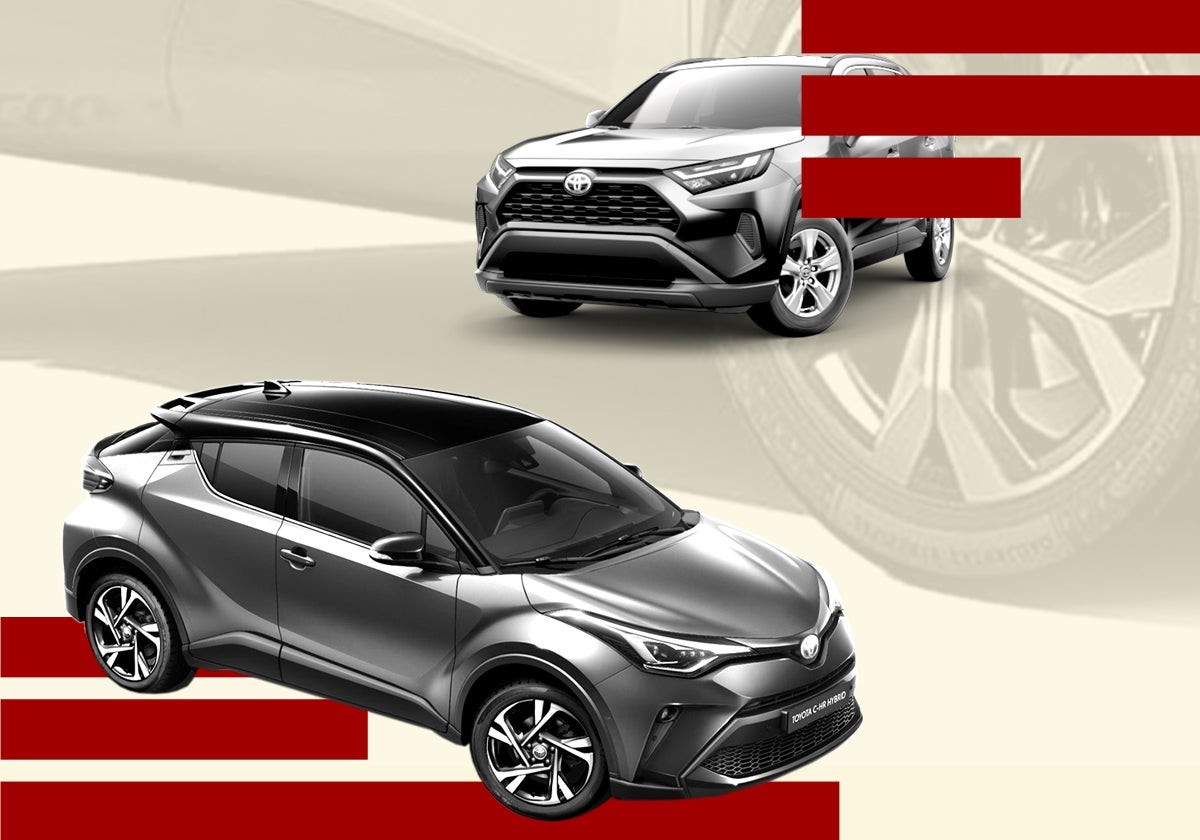Just one new car is sold in Malaga province for every four secondhand ones changing hands
Cars running on clean fuels now account for over half of new sales, but the industry wants more subisides to get this figure up further
The gap between the demands of net-zero targets and what is really happening in the car market continues to widen. The cost of living is soaring and prices of new vehicles that meet all the new eco-demands are not that affordable for the average household. A potential buyer also faces bewildering uncertainty: is it time to change car?; which one should I buy?; how will low emission standards and other regulations affect the market?
All these factors translate into stark numbers in Malaga province including the Costa del Sol. In the first half of the year, the number of purchases of secondhand cars, SUVs and business vehicles was four times higher than the number of new cars registered. In the case of regular family cars, the figure was almost five times higher.
The data has been drawn from reports from two associations of car dealers in Spain - Faconauto and Ganvam. It shows that between January and June this year, 12,858 new cars were sold in Malaga province dealerships. In contrast, the total number of sales in the secondhand market was 47,528.
If we separate private cars from business or company cars, 7,552 private cars were registered in the first half of the year. Secondhand sales, on the other hand, amounted to 40,837 units. The ratio is 1:5.
Upward trend
If we turn to business or company vehicles, the difference decreases. It is a ratio of 1:2 in favour of secondhand vehicles (6,691 versus 3,724). New vehicles for car hire firms are not included in this data: sales of these grew by 10% year-on-year to 1,577.
This trend towards secondhand purchases is growing; at the end of 2023 the difference was three times not four. In the Andalucía region overall, the average age of a vehicles is now 14.7 years. And 61.1% of vehicles on the roads are more than 10 years old.
Four Spanish provinces recorded the highest number of sales between private individuals: Valencia (49,149), Alicante (49,684), Barcelona (92,962), and Madrid (168,298).
What new cars are being bought?
And which type of cars are being bought? Among the new cars, hybrids are doing well. They are the most popular among the unused car market, with 5,152 units registered. In second place are pure electrics, which have not yet taken off, with 774 cars. They are followed by plug-in hybrids, 620, and gas (LPG or CNG), with 487. In total, hybrids and electrics account for 53% of the new market. That is 6,923 cleaner cars on the road. But still, halfway through 2024, 5,097 petrol and 838 diesel cars have been registered.
While the percentage of modern, green cars is increasing, (last year the proportion was barely half that), it is far from a clean break from old fossil fuels yet.
Suggested local subsidies
Dealers association Faconauto recently suggested the Andalusian government lead the net-zero process with its own aid plan for the renewal and scrapping of older cars. To acquire a new, clean one in exchange for getting rid of an old one, it calculated that 4,000 vehicles a year in the region could be scrapped, with a reduction of 8,200 tonnes of CO2 emitted into the atmosphere.
"As transition is under way, the decarbonisation of cars on the road, as well as being based on a drive towards electric, requires fleet renewal through other combustion technologies that also contribute to a significant reduction in emissions. A fleet renewal plan would boost the market, send a reassuring message to buyers and, above all, support sustainable mobility, as it would bring a broader base of the public in closer contact with more efficient and safer technologies," said Faconauto's president, Marta Blázquez
She warned of the gradual worsening of the average age of vehicles, which she described as the "biggest stumbling block to progress in the decarbonisation of transport".
The context is, moreover, that registrations have not yet recovered to pre-pandemic levels, despite a slight year-on-year recovery. It is estimated that in the last four years, the Andalusian sector has stopped registering 195,000 vehicles. And Faconauto's forecast is that sales will not recover in the coming years either. In 2024, an increase of around 5% is expected. Malaga, on the other hand, already has a 6.4% increase in new cars sold in the first half of the year.
Green cars are dearer
Among the weaknesses of the ecofriendly car markets is that they are still significantly more expensive than their petrol equivalents, even with state aid.
A study by consumer group OCU put the average difference at 7,000 euros. The surcharge should pay for itself in fuel savings. But owners also have to install charging points, which can cost between 500 and 1,000 euros. Insurance, according to OCU, is also between 15 and 17% more expensive for new fuels than old.
The industry also complains state subsidies are cumbersome. And as if all this were not enough, the network of recharging points is still very sparse. There are few points and many do not work.



